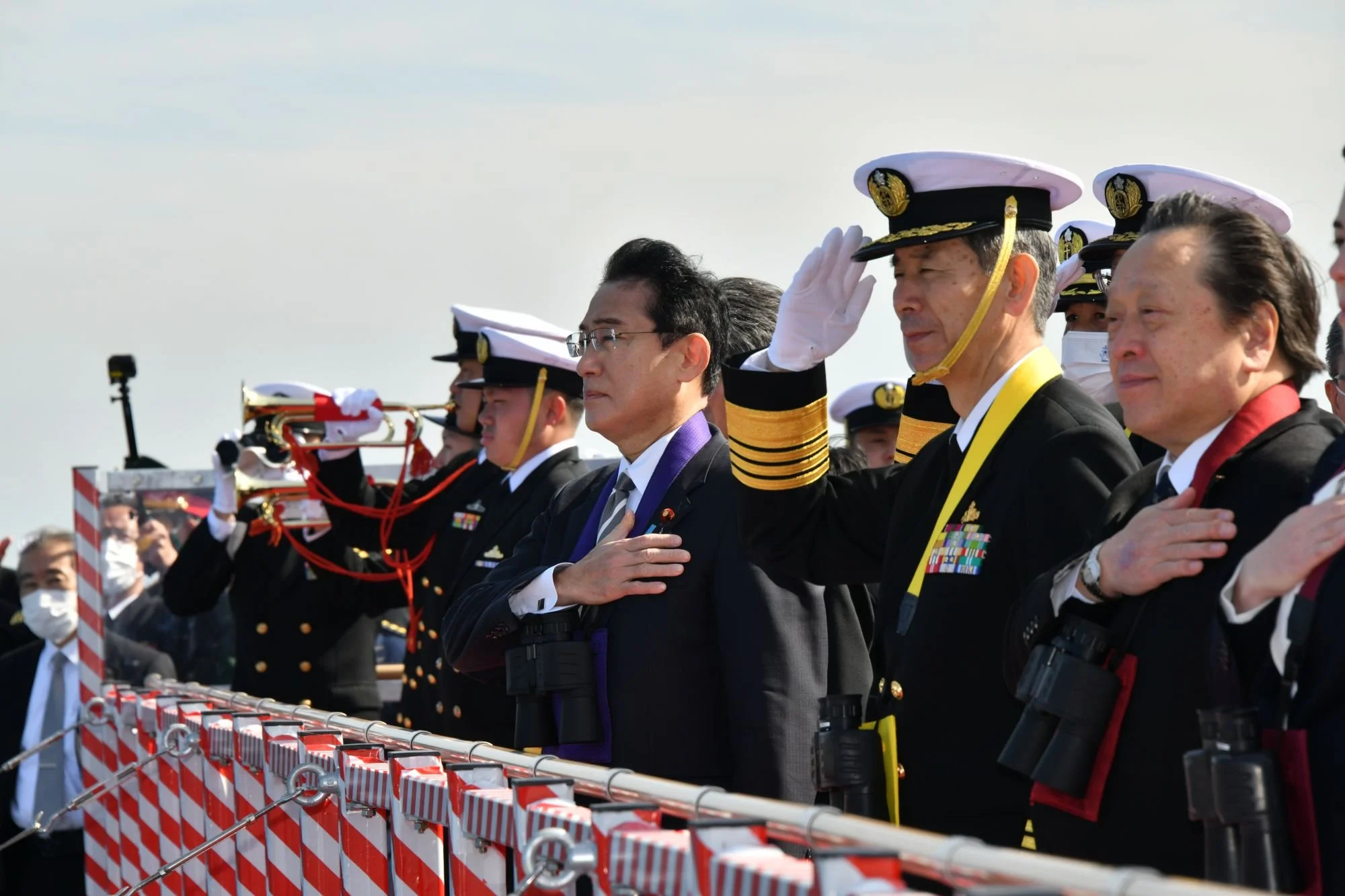Written by Anouk Wear
Novel threats from the Hong Kong government are already causing real consequences for Hong Kongers in the EU — activists and more ‘ordinary’ citizens alike — and they are creating new challenges for advocacy from civil society and diplomatic channels.
Read More










